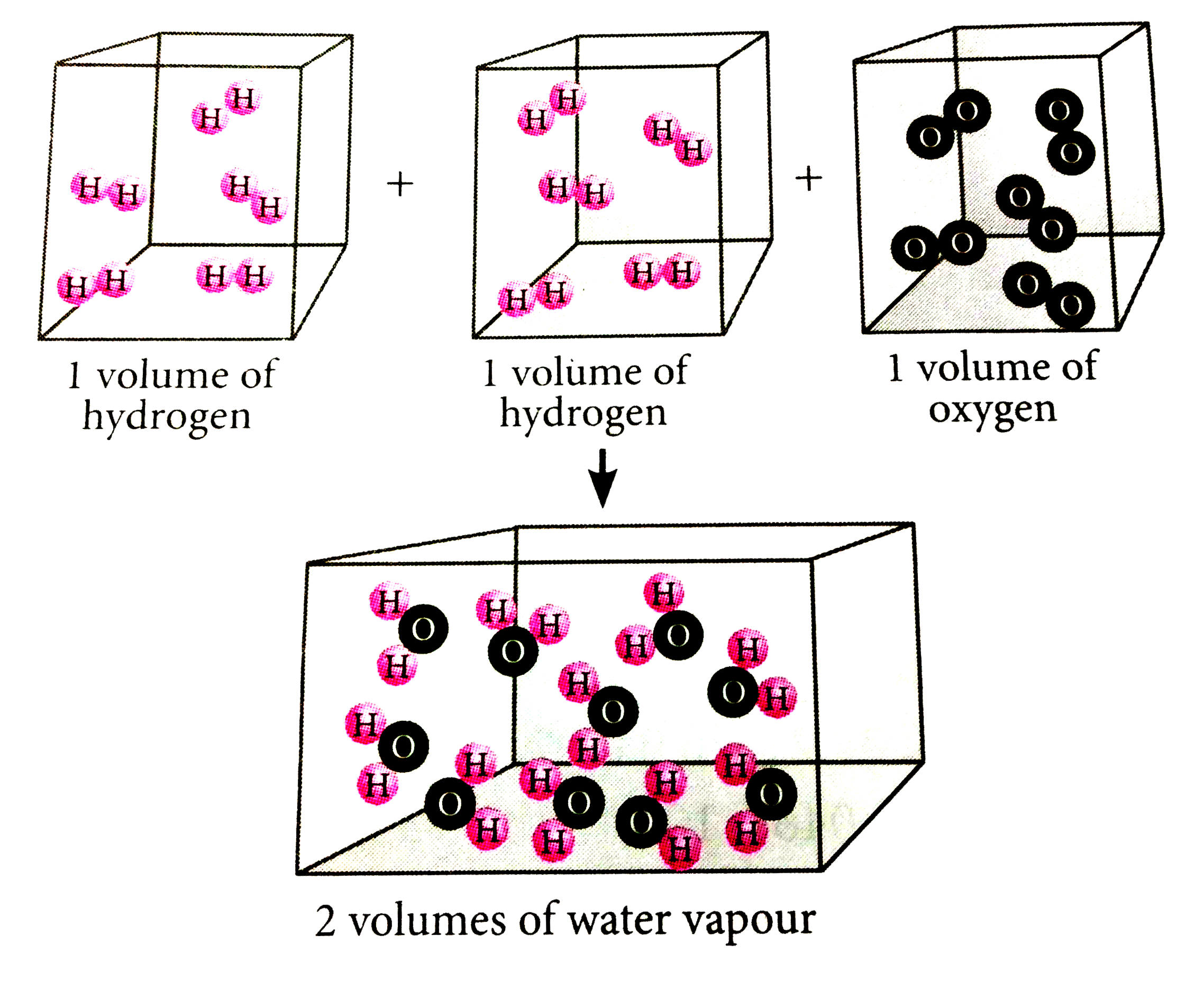Which of the following operations satisfies the associative law for whole numbers?
Substraction and division
Subtraction and multiplication
Division and multiplication
Addition and multiplication
The correct Answer is:D
Step by step video, text & image solution for Which of the following operations satisfies the associative law for whole numbers? by Maths experts to help you in doubts & scoring excellent marks in Class 6 exams.
Topper's Solved these Questions
- BOOK - SCIENCE OLYMPIAD FOUNDATION CHAPTER - IMO QUESTION PAPER 2019-20 SET AEXERCISE - EVERYDAY MATHEMATICS10videos
IMO QUESTION PAPER 2019-20 SET A
- BOOK - SCIENCE OLYMPIAD FOUNDATION CHAPTER - IMO QUESTION PAPER 2019-20 SET AEXERCISE - ACHIEVERS SECTION7videos
IMO QUESTION PAPER 2019-20 SET A
- BOOK - SCIENCE OLYMPIAD FOUNDATION CHAPTER - IMO QUESTION PAPER 2018-19 SET BEXERCISE - Everyday Mathematics15videos
IMO QUESTION PAPER 2018-19 SET B
- BOOK - SCIENCE OLYMPIAD FOUNDATION CHAPTER - IMO QUESTION PAPER 2019-20 SET B EXERCISE - ACHIEVERS SECTION5videos
IMO QUESTION PAPER 2019-20 SET B
Similar Questions
Knowledge Check
- Question 1 - Select One
Which of the following connectives satisfy commutatiive law ?
A∧B∨C↔Dall the above - Question 2 - Select One
Which of the following is always a whole number?
AAtomic numberBAtomic volumeCAtomic weightDNone of these - Question 3 - Select One
Which of the following is associated with formal operational stage?
AMotor activity and use of symbolsBLogical use of symbolsCDevelopment of memory and imaginationDDiminishing of egocentric thought
Which of the following expressions shows that rational numbers are associative under multiplication
View SolutionWhich of the following law of chemical combination is satisfied by the figure?
 View Solution
View SolutionWhich of the following statements are true and which are false?
(i) Every whole number is a rational number.
(ii) Every integer is a rational number.
(iii) 0 is a whole number but it is not a rational number.View SolutionWhich of the following laws is associated with the heating effect of electric current?
View SolutionWhich of the following properties of an element is a whole number ?
View Solution

